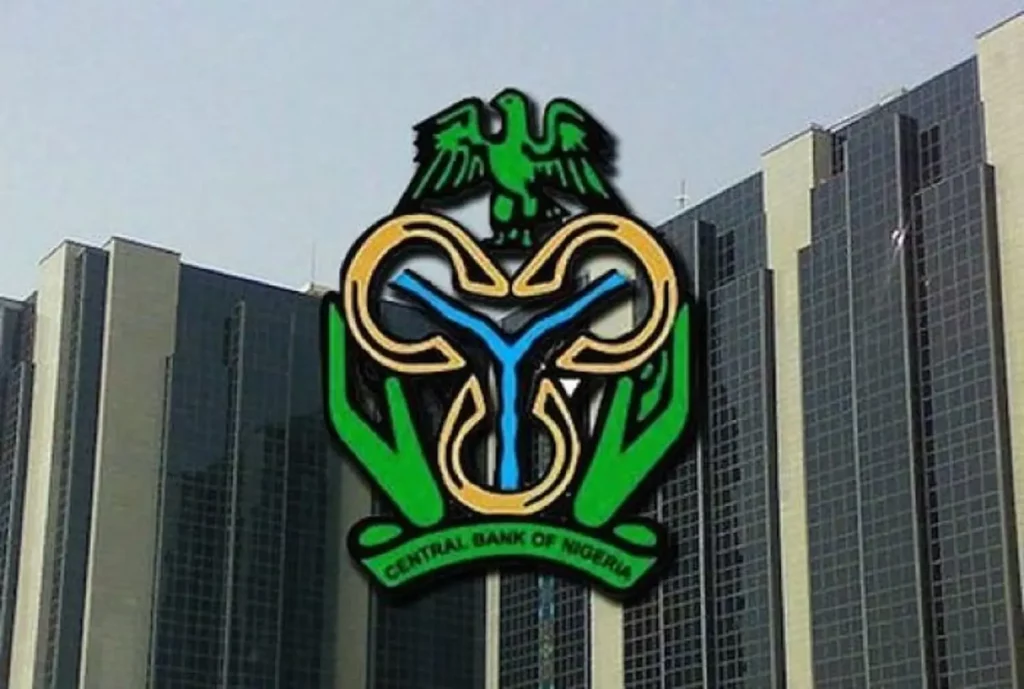Recently, the Central Bank of Nigeria (CBN) released draft revised guidelines that will help bolster the regulation of Bureau De Change (BDC) operations in the country.
The apex bank was responding to the incessant volatility of the naira which, at some point, depreciated by 60 per cent at the official market and 50 per cent at the black market.
In response to the poor performance of the naira, the bank came up with several measures to correct the anomaly, including a comprehensive strategy to enhance liquidity in the forex market.
It also embarked on unifying FX market segments, clearing outstanding FX obligations, and enforcing the Net Open Position limit for commercial banks and adjusting the remunerable Standing Deposit Facility Cap.
It also reversed the dollar-for-dollar policy and made sure that International Oil Companies only repatriate 50 per cent of proceeds.
In furtherance of its new operational mechanism for BDC operators, the CBN’s Revised Regulatory and Supervisory Guidelines for Bureau De Change Operations in Nigeria Exposure draft was released on Feb. 26, 2024.
Under the new guidelines, the apex bank is proposing an increase in the minimum capital requirements for BDC operators in the country to N2 billion and N500 million for Tier 1 and Tier 2 licenses respectively.
Before now, the minimum capital requirement used to be N35 million for a general license.
“Tier 1 operators must maintain a minimum share capital of N2 billion and also submit a Mandatory Caution Deposit of N200 million.
“In Tier 2, operators are required to possess a minimum share capital of N500 million and maintain a Mandatory Caution Deposit of N50 million,” the new regulation stated.
Another crucial provision of the new regulation is the listing of sources of forex for BDCs.
The new guidelines listed sources from where BDCs can get forex. They include tourists, returnees from the diaspora, International Monetary Transfers Operators, and Embassies.
This is a major shift from the past, where the Foreign Exchange Act allowed for nondisclosure of sources of any foreign currency to be sold in the market.
Quoting the Foreign Exchange Act of 1995, BusinessDay newspaper reported that the 2002 and 2015 regulations allowed private sources to provide a gateway for money laundering and round-tripping of forex sourced in the official market.
“Except as required under any enactment or law, a person executing a transaction in the Market shall not be required and, if required, shall not be obliged, to disclose the source of any foreign currency to be sold in the Market…
“No foreign currency imported under this Act shall be liable to seizure or forfeiture or to suffer any form of expropriation by the Federal or a State Government except as provided under this Act,” the 1995 Foreign Exchange Act stated.
The constitution of boards was also reviewed by the CBN.
“The number of independent non-executive directors shall be at least 2 for tier 1 BDCs and 1 for tier 2 BDCs, provided that where a BDC is publicly listed, it shall comply with the applicable provisions of CAMA 2020.
“A Tier 1 BDC shall have an Executive Director other than the MD/CEO. A tier 2 BDC may have an ED apart from the MD/CEO,” it said.
Under the new rules, prospective and current directors of a BDC are to disclose their board memberships to other entities.
The new guidelines also took the issue of gender and representation seriously because they prohibit a one-gender board and encourage women’s economic empowerment following the Nigerian Sustainable Banking Principles.
Also, as part of the new guidelines for BDC regulation, they are now to have external auditors.
The CBN said by making provisions for external auditors, it is trying to boost corporate governance and ensure a proactive approach to compliance.
It also said that the tenure of an external audit firm in any BDC shall not exceed 10 consecutive years, subject to the rotation of audit engagement partners at least once every five years.
Such firms, it continued, shall not be re-appointed until after a cool-off period of five consecutive years.
“The external auditors shall be appointed by the Board, subject to ratification by shareholders at a general meeting. The external auditors shall not resume until the BDC has obtained approval of the CBN,” it said.
In addition, the apex bank has mandated that going forward, transactions will require BVN or TIN from domestic customers and passports from foreign customers which is a global industry standard.
“All transactions by residents shall only commence after electronic retrieval of the potential customer’s BVN or Tax Identification Number (TIN) from the NIBSS or Federal Inland Revenue Service (FIRS) databases, respectively, and the details confirmed to match with the potential customer’s standard identification document.”
Another important provision of the draft guidelines is the full digital integration of the operations of BDCs with the CBN within the foreign exchange market as a prerequisite to enhance market transparency and promote effective price discovery.
The central bank said the integration will provide it with comprehensive, real-time insights into the volume and flow of transactions within the parallel market.
Data on transaction origin and destination will improve regulatory oversight and support more accurate market valuations.
“Upon the grant of provisional approval, promoters of the proposed BDC shall submit an application for final license within sixty (60) days, documents including; Concluded integration with the CBN: System integration with the CBN will cover connectivity with its extranet gateway (virtual private network) and relevant systems such as the returns rendition system, Financial Institutions Foreign Exchange Reporting System (FIFX), Financial Analysis (FinA), Centralised AML/CFT/CPF rendition platform (CARP), Tax Identification Number Verification Portal of Federal Inland Revenue Service, among others.”
Some financial experts have commended the CBN for unveiling the revised regulatory guidelines.
The said further regulation of the activities of BDCs would help fight illicit financial flows and curb terrorism financing in Nigeria.
